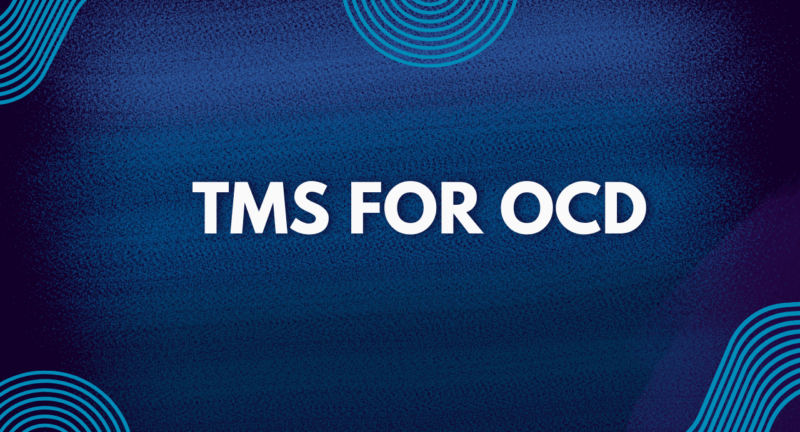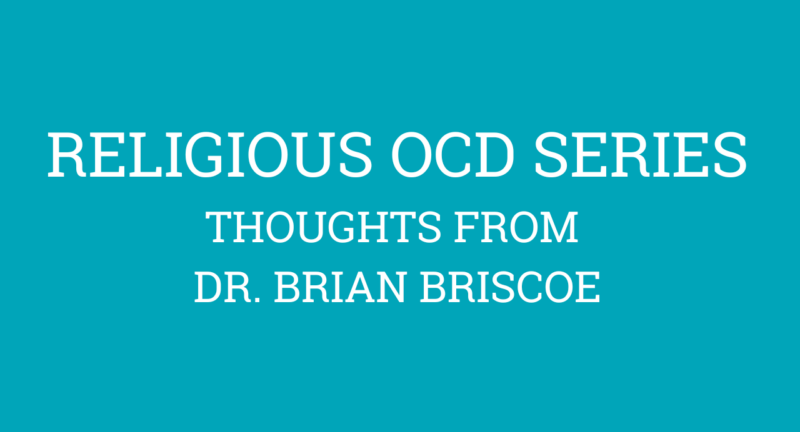
7 Things Teens with OCD Need to Know
Obsessive-compulsive disorder, more commonly called OCD, is a chronic mental health condition marked by intrusive thoughts and behavioral compulsions.
Here at NextStep2MentalHealth, our multidisciplinary team excel when it comes to diagnosing and treating OCD in teens. If you spot the signs of OCD in your teen, it’s never too early to receive professional help.
Here are seven facts that teens with OCD need to know.
1. OCD Is Common
According to the International OCD Foundation, there are about as many kids with OCD as there are with diabetes. That equates to about 20 teens in every medium-to-large high school who struggle with OCD. OCD is a type of anxiety disorder and can often occur with other anxiety disorders or depression.
2. Doubt and Guilt Are Two Hallmark Signs of OCD
TV shows and movies make it appear as though cleanliness is the only compulsion for people with OCD, but the reality is fear of germs or contamination is just one sub-type of OCD. Other sub-types of OCD include:
Doubt
Doubt is a driving force behind many of the compulsions to check and re-check. Doubt is defined as “doubting that you completed the activity even right after you completed it.” This can lead teens to constantly re-checking locks, homework, etc. Understandably, this can affect time management skills and even academic performance.
Guilt
Guilt is another excruciating aspect of OCD. People with OCD may feel guilty about anything, even if it had nothing to do with them. This can cause thoughts such as:
- “Did I offend John Doe?”
- “Did I inadvertently cause XYZ to occur?”
- “Am I a good person or a bad person?”
Other sub-types include counting, hoarding, contamination, false memory, and harm OCD.
3. Cognitive Behavioral Therapy (CBT) Can Help Treat OCD
Cognitive Behavioral Therapy (CBT) is considered to be a top form of treatment for anxiety disorders, and that includes OCD too.
4. The Goal of Treatment Helps You Learn the Tools to Manage Your Symptoms
Throughout your therapy sessions, you’ll continue to learn strategies and tools for managing the cycles of intrusive thoughts and compulsions.
Does your OCD need treatment? Read this blog: Does OCD Need Treatment?
5. Treatment Isn’t Completed Overnight
Often, when teens start treatment for OCD, one of their first questions is “how long does treatment take?” The short answer is: as long as is necessary for any given individual. Managing symptoms is an individualized process and can be impacted by your teen’s willingness to participate in therapy, the presence of any comorbidities, and how severe your teen’s symptoms are.
Understandably, long-term OCD can take a heavy toll on your teen’s quality of life. It may have been a long time since your teen socialized comfortably, held a summer job, or felt at ease doing daily chores. Some teens have never done these things without the obstacle of OCD.
6. Know the Signs of Relapse in Teens with OCD
As with many disorders, your teen may go for long periods with his or her symptoms well managed, but a relapse can knock them off track. Relapses are not uncommon with OCD.
Here at NextStep, our therapists know that the best way to deal with a relapse is to get ahead of it. We discuss relapse in our sessions and help you engage in as many relapse prevention strategies as possible.
That being said, if you or your teen notice any signs of a relapse, don’t hesitate to reach out. The quicker you seek help, the quicker you can get back on track.
7. OCD Can Be Managed
The most important fact to remember is that OCD can be managed. As with any anxiety disorder, lifestyle modifications help support mental wellness. This includes getting enough sleep, following a proper diet and exercise routine, engaging in positive social relationships, and engaging in hobbies or productive work of some type.
At NextStep2MentalHealth, we know how profoundly OCD can impact all aspects of your teen’s life, and if your teen is struggling now, you don’t have to wait until it gets worse before reaching out for help. Our compassionate, non-judgmental team offers a variety of OCD treatments, including medication and therapy.
If you have concerns about OCD, schedule an appointment at our Louisville, Kentucky office. Request an appointment online.
Related Posts
TMS Treatment for OCD: What It Is and How It Can Help
This blog is part of the Religious OCD Series. For those struggling with...
Introducing the Religious OCD Blog Series: A Message from Dr. Brian Briscoe
This article is part of the Religious OCD Series....


